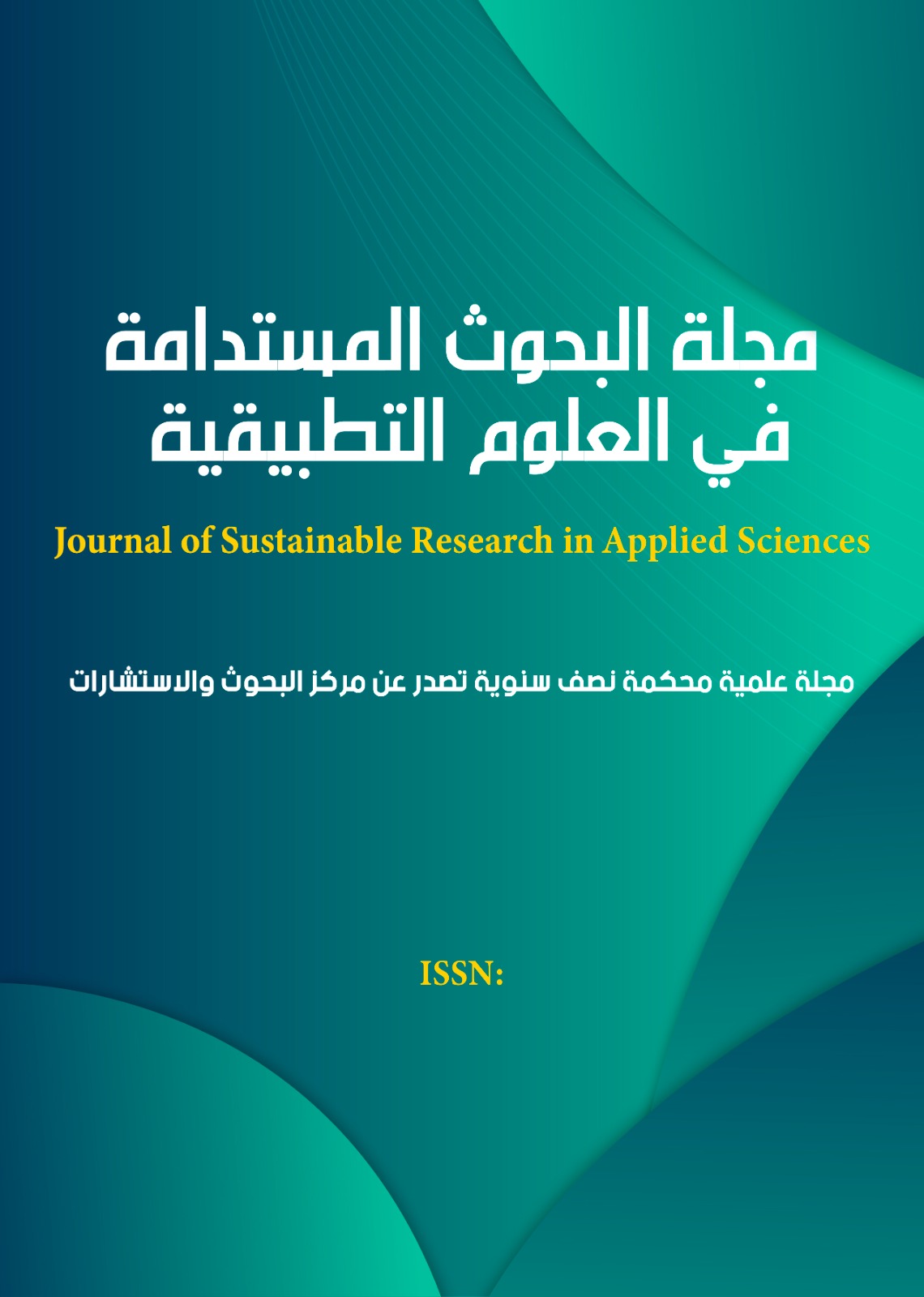Treatment by Roasting to Eliminate Fungi from Peanut Seeds
Keywords:
Roasting, Conventional oven, Microwave oven, Seed fungi, PeanutAbstract
The study aimed to evaluate the efficiency of roasting in a conventional oven and a microwave oven in reducing the incidence of storage fungi Aspergillus flavus, Aspergillus niger, and Penicillium italicum artificially inoculated on peanut seeds. The seeds were surface-sterilized, inoculated with the fungal spores, and divided into two groups. The first group was treated by roasting in a conventional oven at 150°C for 30 minutes and in a microwave oven at 100°C for 5 minutes, 24 hours after inoculation. The second group was stored for three months after inoculation, and at the end of the storage period, the seeds were treated using the same roasting methods. The control seeds were handled according to experimental requirements but without roasting. The efficiency of the treatments was evaluated using 2% Water Agar (WA) in Petri dishes to determine an effective and easily applicable method to prevent or reduce fungal contamination in seeds prepared for consumption. The results indicated that both methods effectively reduced fungal incidence in the treated seeds, with P. italicum being the most heat-sensitive fungus. The study demonstrated the superiority of microwave roasting over conventional oven roasting, achieving 100% elimination of seed-borne fungi



